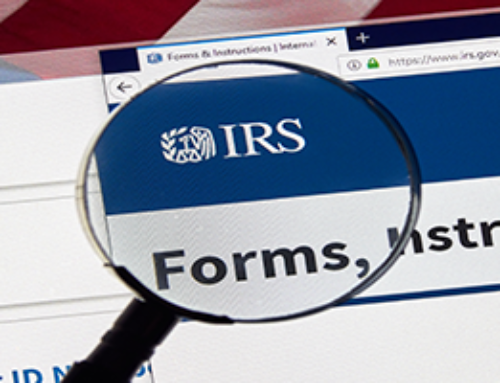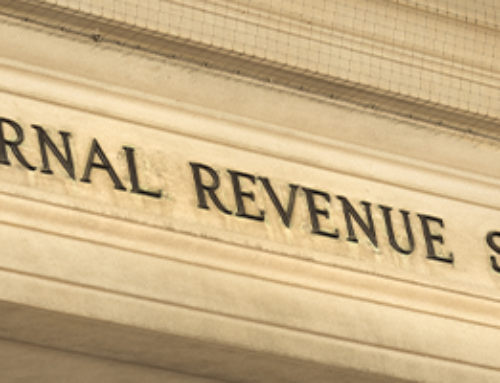Taxes are probably something you would rather not think about. As frustrating as it might be to file federal and New Jersey tax returns, it is essential. However, it can quickly become more stressful if you find out you owe the Internal Revenue Service (IRS).
It is only natural to feel sudden anxiety and panic if you find you cannot pay the amount you owe. Thankfully, there are steps you can take in this situation to avoid penalties.
First, File Your Return
If they cannot pay what they owe, some people might avoid filing their return altogether. This is one mistake that individuals should avoid.
It is important to note that not filing a return or paying the amount owed at all could result in penalties that only compound one’s tax debt, such as:
-
A failure-to-file penalty, which leads to a 5% interest added each month you do not pay; or
-
A failure-to-pay penalty, which adds 0.5% interest each month you do not pay.
The IRS might also bombard you with notices about paying the amount owed. Filing the return can help avoid these penalties.
Contact the IRS
Speaking to the IRS when you are not able to pay what you owe might be the last thing you want to do. However, it is often critical – and even helpful. This often allows you to do two things:
-
Arrange an extension: You can obtain more time to file and pay your taxes. For an extension, you will need to Form 4868. Speaking to the IRS – as well as an experienced tax law attorney – can help you understand the details of your extension.
-
Make a payment plan: If you cannot pay the full amount of what you owe to the IRS, there are different payment options available. You can often choose between a short-term or long-term payment plan, and pay down the debt in installments. There is often still interest added to this debt, but when the IRS approves the payment plan, you do not have to worry about paying what you owe all at once and straining your finances.
Filing and paying taxes is often stressful but being aware of your options and rights in these situations can help to reduce that stress and protect your financial future.




